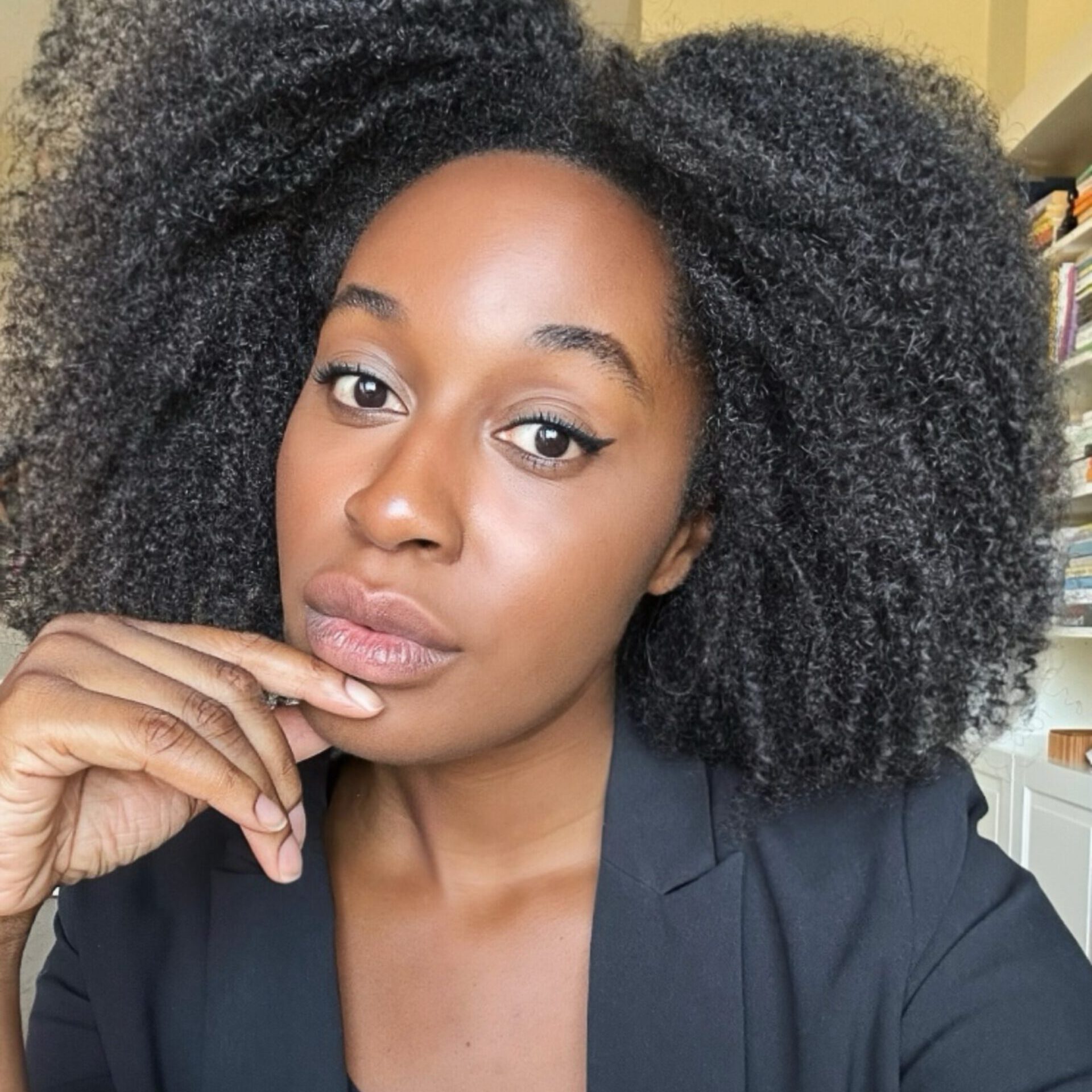“I’m Listening” But… Are You?
Did you know that hearing is not the same as listening? When our ears detect a sound, fluids start moving due to noise and vibrations, and the ears send a signal to the temporal lobe, which processes it as information. As you can see, this is an involuntary and automatic act: we are constantly surrounded by random sounds and we learn to live with them by ignoring and filtering out what is unnecessary at any given moment.
This filtering ability is essential for our brain, but sometimes it can interfere with our social interactions, leading to conversations filled with many “Um, mm-h, yeah.” This occurs when we get distracted by one or more stimuli, which can be external (e.g., a notification on our phone) or internal (e.g., a sudden thought). In these situations, we think we are listening when we are merely hearing a bunch of words. To put it differently, we are receiving noises without decoding words and meanings. As a result, we miss crucial information needed to understand the other person.
Our brain allows us to choose between two actions: focusing on our speaker and what they are saying, or switching off our listening ability and keeping our hearing at a basic level. By doing the latter, we disconnect from others: there won’t be dialogues, just an encounter of two different monologues. As humans, we build connections through dialogue, and listening helps us feel close to someone, empathize with them, and form relationships. When you are not listened to, your sense of connection and belonging struggle to develop, making you feel overlooked. This can lead to feelings of loneliness, shame, and, in severe cases, anxiety and depression. Engaging with others respectfully and openly promotes strong relationships, whereas a lack of listening can create distance and misunderstandings, impacting conflict resolution and ultimately affecting your well-being.
Interrupting is undoubtedly a major red flag, but other signs may also indicate poor listening skills. If you recognize some of these behaviors, you might need to work on your listening abilities:
- You find it difficult to recall what your speaker has said
- You believe you fully understand the matter without further discussion
- You jump to conclusions on behalf of your interlocutor
- You compare your speaker’s situation to yours or others’
- You criticize the speaker’s behavior or choices
- You make statements like “You have to do this…” as if you know what’s best
- You downplay people’s emotions
- You finish others’ sentences
- You quickly change the subject
- You focus on what to say next rather than listening
- You interrupt your speakers before they finish to insert your own comments
- Your mind frequently wanders
I’ve just realized I’m not always a great listener. What can I do about it?
First, don’t get discouraged! People get distracted all the time. Truly understanding what our speaker has to say requires us to distance ourselves from our internal dialogue and focus solely on being an active recipient of their communication. Additionally, while hearing is an innate mechanical sense, listening is a skill. Like any skill, it can be taught, practiced, and improved. Follow our next issue to learn more about active listening and how it can help you gain a deeper understanding of your speaker’s experience! In the meantime, click on the images below for a more in-depth exploration of the topics we’ve discussed.
– Wendy Fiagbe, 10th June 2024
